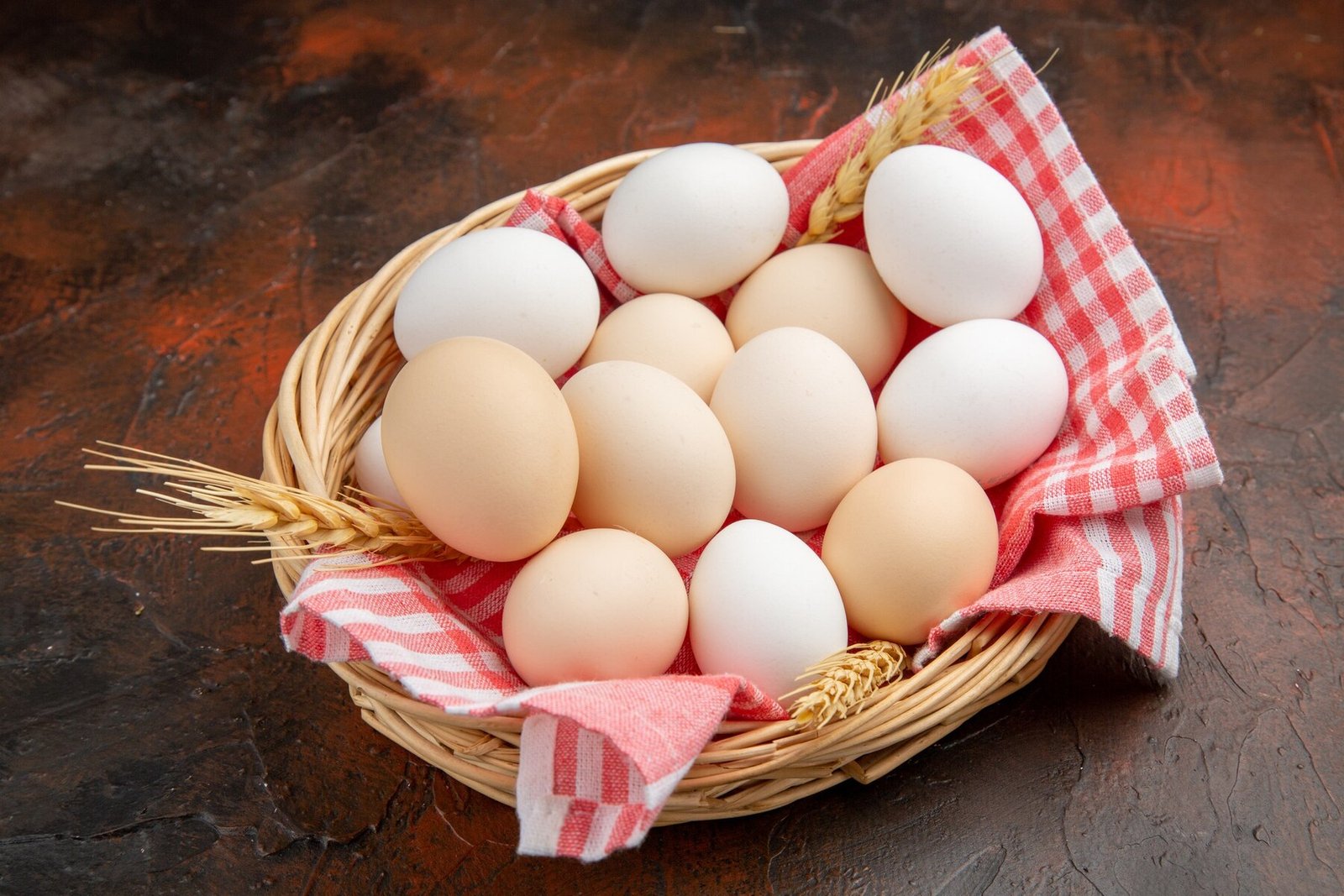Eggs are a powerhouse of nutrition and a staple in many diets worldwide. But how much protein is in an egg, and why does it matter? Whether you’re a fitness enthusiast, a busy professional looking for a quick protein fix, or simply someone who enjoys a good breakfast, understanding the protein content of eggs can help you make better dietary choices.
If you’re looking for expert insights on how much protein eggs contain and why they are a must-have in your diet, check out this detailed guide from Men’s Health.
The Protein Power of Eggs
Eggs are often called a “perfect protein source” because they contain all nine essential amino acids. However, not all parts of an egg contribute equally to its protein content. However, the egg white and yolk each have their unique nutritional profiles, making eggs one of the most balanced protein sources available.
Breaking It Down: How Much Protein Is in an Egg?
The total protein content of an egg depends on its size. Here’s a general guideline for how much protein is found in different egg sizes:
| Egg Size | Protein Content (g) |
|---|---|
| Small (38g) | 4.9g |
| Medium (44g) | 5.5g |
| Large (50g) | 6.3g |
| Extra Large (56g) | 7.0g |
| Jumbo (63g) | 7.9g |
Egg White vs. Egg Yolk: Which Has More Protein?
If you’re focusing on maximizing protein while keeping fat intake low, you might be curious about whether the egg white or yolk is the better choice.
- Egg White (Albumen): The egg white contains about 3.6 grams of protein in a large egg. It’s virtually fat-free and low in calories, making it popular among those looking to increase protein intake without extra fat.
- Egg Yolk: A large egg yolk contains around 2.7 grams of protein along with healthy fats, vitamins, and minerals like B12, iron, and choline.
The bottom line? While egg whites provide more protein per calorie, the yolk delivers essential nutrients that shouldn’t be overlooked.
Why Eggs Are the Best Natural Protein Source

Eggs are not only rich in protein but also highly bioavailable. This means that your body can absorb and utilize the protein in eggs more efficiently compared to many other protein sources. In fact, eggs are considered the “gold standard” for protein quality, with a biological value (BV) of 100.
Health Benefits of Eating Eggs
Eating eggs regularly can provide several benefits beyond just protein:
Muscle Growth & Recovery: The high-quality protein in eggs helps repair and build muscles, making them an excellent post-workout meal.
Weight Loss & Satiety: Eggs keep you full longer, reducing the likelihood of snacking and overeating.
Brain Health: Choline, found in egg yolks, is essential for brain function and memory.
Eye Protection: Eggs contain lutein and zeaxanthin, which help prevent age-related eye disorders.
Best Ways to Incorporate Eggs Into Your Diet
Eggs are incredibly versatile and can be prepared in countless ways. Here are some easy ways to include them in your daily routine:
Scrambled: A quick and nutritious breakfast.
Boiled: Perfect for a protein-rich snack or salad topping.
Poached: A healthier option with no added fats.
Omelets: Packed with veggies and cheese for extra flavor.
Smoothies: Add egg whites for an extra protein boost.
If you’re wondering about the calorie count of your favorite egg dish, check out how many calories are in a fried egg before making your next meal choice!
Common Myths About Egg Protein
Are Raw Eggs Better for Protein Absorption?
No, cooked eggs are better for protein absorption. Studies show that the protein in raw eggs is only 51% bioavailable, whereas cooking increases that number to around 91%.
Do Eggs Raise Cholesterol?
While eggs contain cholesterol, research shows that for most people, dietary cholesterol does not significantly impact blood cholesterol levels. Eggs can increase HDL (good cholesterol), which helps protect your heart.
Is It Safe to Eat Eggs Every Day?
Yes! Studies have shown that eating up to three eggs per day is safe for most healthy individuals and does not negatively affect heart health.
Should You Eat More Eggs?
Absolutely! Eggs are one of the best natural protein sources, packed with essential nutrients, and incredibly versatile in cooking. Whether you enjoy them scrambled, boiled, or poached, they provide a delicious and efficient way to boost your protein intake.
To make the most of your eggs, it’s also important to store them properly. Wondering how long eggs last in the fridge? Check out this guide on how long eggs last in the fridge to keep them fresh and safe to eat!
Looking to learn more about high-protein foods? Share this article with fellow food lovers and check out our other nutrition guides!
